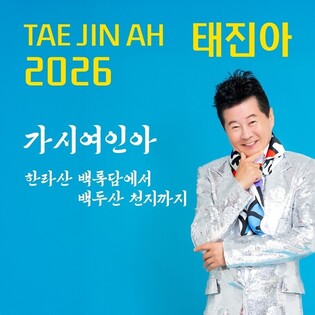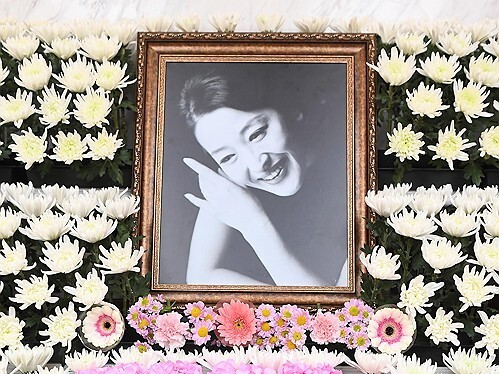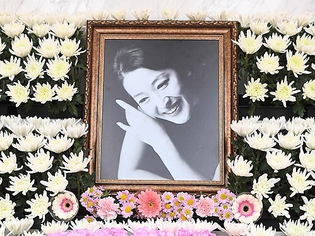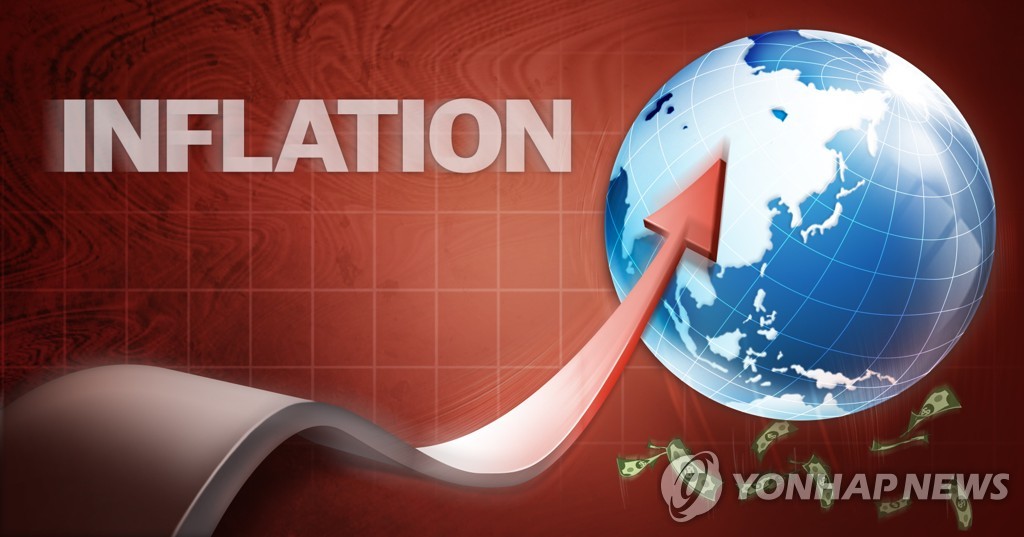
BOK-inflation forecast
Consumer inflation expected to run at 2 pct range next year: BOK
SEOUL, Dec. 16 (Yonhap) -- South Korea's central bank said Thursday that the country's consumer inflation is expected to run at the 2 percent range next year as global supply bottlenecks, high oil prices and rebounding consumption could drive up the overall price levels.
The Bank of Korea (BOK) also forecast that consumer inflation will run higher than the bank's target for "a considerable" period as demand-pull inflationary pressure will drive up prices of goods and services.
"Going forward, the consumer prices are expected to hover over our inflation target for a considerable period as demand-side inflationary pressure will be higher amid economic recovery," the BOK said in a report.
"The prices are forecast to continue to grow at the 2 percent range next year, though they will be slightly lower than this year with less impact from supply factors such as farming, livestock and oil prices," it added.
South Korea faces heightened inflation risks like many other major economies amid soaring energy and other raw material prices driven up by the economic recovery and supply chain disruptions.
The country's consumer prices rose 3.7 percent in November from a year ago, the fastest on-year gain in a decade and accelerating from a 3.2 percent increase in October. The BOK aims to keep annual inflation at 2 percent over the medium term.
The core inflation, which excludes volatile food and energy prices, rose 1.9 percent on-year last month. In the report, the BOK forecast that it could rise over 2 percent next year.
Last month, the BOK hiked its key interest rate by a quarter percentage point to 1 percent in its last rate-setting meeting this year to rein in inflation and household debt.
The rate hike followed a 0.25 percentage point rise in August and marked the end of about two years of the zero range rate put in place to bolster the pandemic-hit economy.
BOK Gov. Lee Ju-yeol said that the bank's monetary policy stance remains accommodative and hinted at the possibility of yet another rate hike early next year.
The central bank said that upward inflationary pressure appears to be outweighing downside factors to some extent, citing high oil and raw material prices and protracted global supply bottlenecks, coupled with rebounding consumption.
As a downside factor, the bank cited a possible decline in oil prices due to worsening situations with regard to the coronavirus pandemic.
(END)
(C) Yonhap News Agency. All Rights Reserved























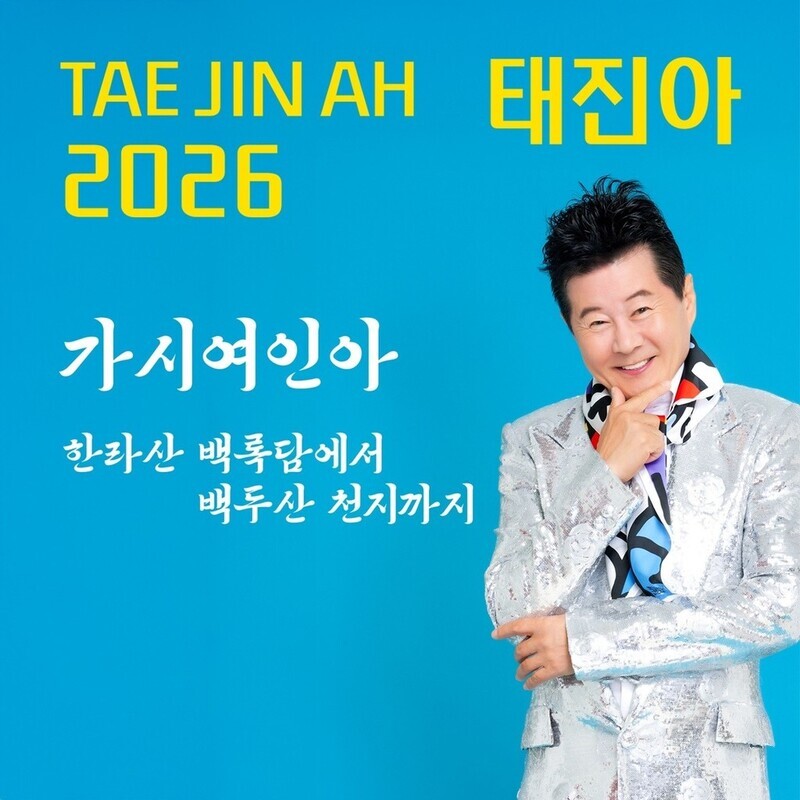

![[가요소식] 솔비, 13년째 보육원 찾아 봉사활동](/news/data/20251223/yna1065624915963288_822_h2.jpg)
